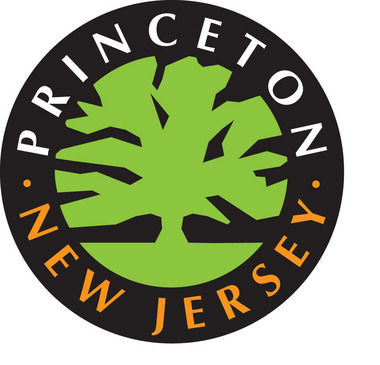Council is due tonight to consider a measure requiring residents of a working-class section of Princeton to pay for parking on the street in front of their homes from 2 to 6 a.m.
The change would impact John and Race streets and Birch and Leigh avenues, all located in the former township section of the Witherspoon-Jackson neighborhood. The permit is expected to cost $120 a year, eligible to residents whose homes do not have a driveway. They would have to apply through the town clerk’s office and be allowed only one permit, town officials said Monday.
The town said that once an application is filed, it would inspect properties that officials don’t know if there is a driveway or not to determine if the applicant is eligible.
At the moment, the town gives free 24-hour on street parking permits in a section of Princeton that is governed by former township rules. But an ordinance up for consideration at Monday’s council meeting aims to bring that area into conformity with the rest of the neighborhood.
It would take effect in January 2018, to give residents enough time to understand what the new rules are and give officials time to figure out what to do about rules for daytime on-street parking.
“So part of the goal is conformity and fairness,” Mayor Liz Lempert told reporters at her press conference earlier in the day. “I can just tell you what I’ve heard as mayor from neighborhood meetings is that, when you have streets side by side, one has two-hour-restrictions (and) another street has no restrictions, then that can cause issues.”
Officials dismissed the suggestion that there is a war against cars, by effectively limiting how many of them residents can maintain. Officials had no answers, however, for what property owners do if they own multiple cars.
“A decision hasn’t been made yet. And I think that it’s going to be important for us to understand what the ramifications are to current residents,” she said.
Asked about the permit fee being a regressive tax on residents who might be least able to afford it, she replied, “I think that’s a concern.”
“It’s a difficult problem, again, because you want to be treating people fairly and the same. So if you’re charging for a resource in some areas and right next door you’re not, it’s a fundamental unfairness,” she said.
Mayor Lempert expressed concern that if the town made parking free for everyone, it would lead to clogged-up streets with residents coming home unable to find a place to park.
“So I think,” she continued, “that we have to recognize that there are, in a lot of areas of town, there’s more demand for parking than there is space.”

